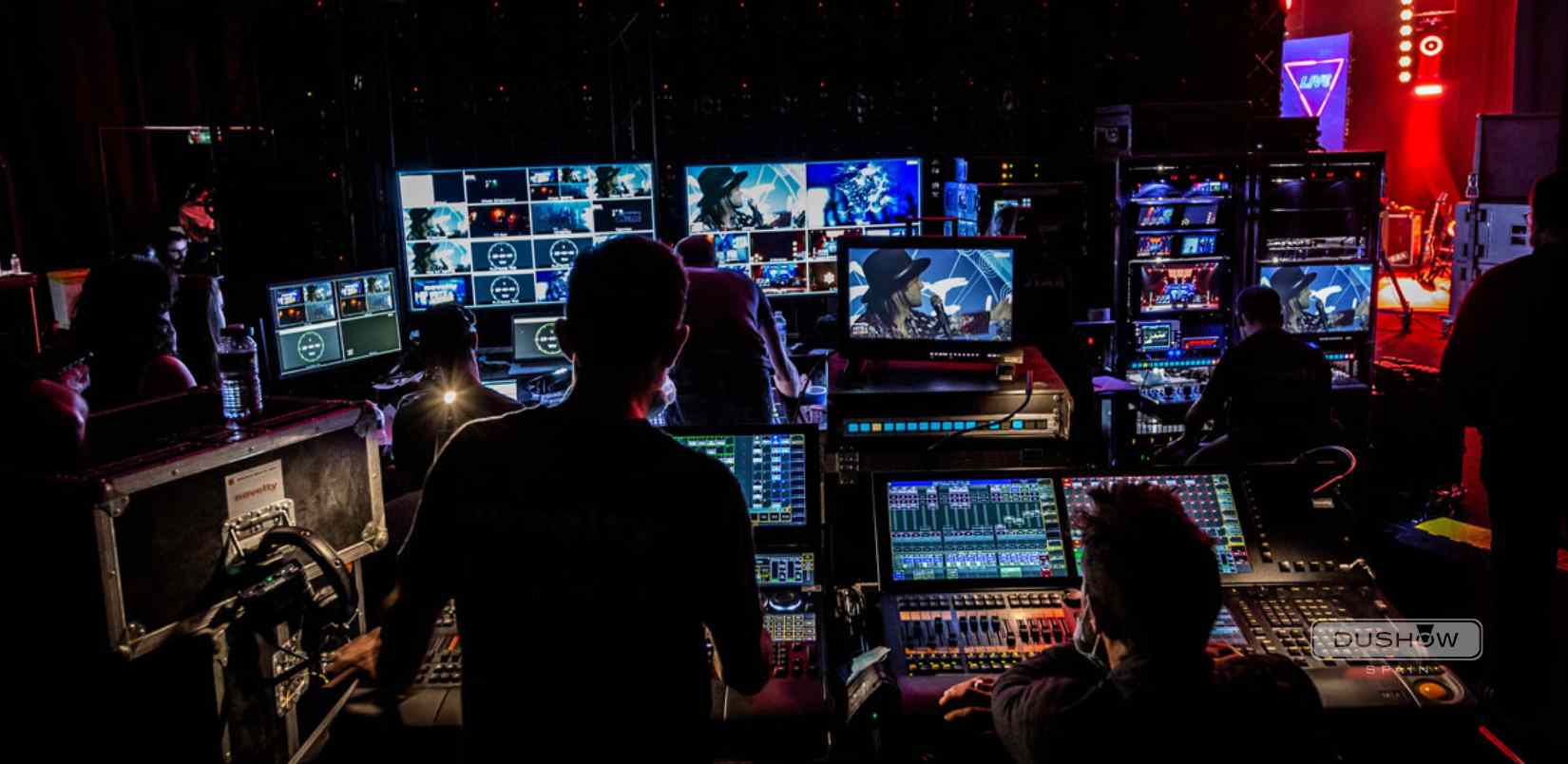Recognizing the Importance of Events Monitoring in the Manufacturing Market
The significance of occasions administration within the manufacturing market can not be overstated, as it offers as an essential component in linking the space in between innovative vision and effective implementation. By emphasizing logistical control, budget plan adherence, and stakeholder interaction, effective events can raise brand name interaction and functional efficiency.
Duty of Events Monitoring
Events monitoring plays a pivotal function in the production market, serving as the bridge between imaginative concepts and concrete end results. It encompasses a vast array of responsibilities, including preparation, implementing, and evaluating various occasions, which are vital for showcasing manufacturings, involving audiences, and promoting partnership amongst stakeholders.
One of the vital functions of events administration is logistical control. This involves securing locations, preparing equipment, and handling timelines to make sure that every information straightens with the overarching vision of the manufacturing. Additionally, events managers are charged with budgeting and resource allowance, which calls for an eager understanding of economic restraints and the capacity to optimize worth.
Additionally, reliable interaction and stakeholder administration are necessary parts of occasions administration. Experts in this field need to liaise with a diverse set of people, consisting of musicians, sponsors, and vendors, to create a natural experience. They additionally play a crucial function in advertising and promotion, utilizing numerous networks to produce interest and attendance.

Advantages for Production Business
An effective occasions management method can generate significant advantages for manufacturing companies, improving their total functional efficiency and market presence. By enhancing the preparation and implementation of occasions, manufacturing companies can assign resources a lot more properly, reducing costs connected with mismanagement or final adjustments. This performance not just conserves cash but additionally permits groups to concentrate on their core expertises, ultimately leading to higher-quality outputs.
Moreover, well-executed events can serve as effective advertising and marketing devices, raising brand name presence and promoting more powerful connections with clients, stakeholders, and the public. Involving occasions produce chances for networking and collaboration, which can result in brand-new collaborations or jobs that magnify a business's reach within the market.
In addition, events can supply beneficial insights through audience responses and involvement metrics, allowing production firms to improve their methods and offerings. This data-driven method can lead to even more targeted advertising efforts and boosted client fulfillment.
Secret Elements of Effective Events
Effective events hinge on numerous crucial elements that add to their total impact and performance. Primarily, clear purposes are important; recognizing the purpose of the event enables focused planning and implementation. This entails identifying the target market and customizing the event's material and tasks to fulfill their needs.
Furthermore, thorough planning is essential. This consists of developing a thorough timeline, assigning functions and duties, and taking care of budget plans successfully. Focus to logistics, such as place option, tools rentals, and catering services, can not be overlooked, as they directly influence the event's success.
Another important aspect is efficient communication. This includes not only interior sychronisation see here now among team members but also external messaging to stakeholders and participants, ensuring every person is educated and involved.
Challenges in Event Sychronisation
Working with an occasion presents an unique set of challenges that can influence its total success. Among the most significant hurdles more tips here is taking care of time effectively. Events typically have tight schedules, and any kind of hold-up can result in a cascading result on subsequent activities, lessening the experience for guests. Furthermore, logistical complexities such as place choice, transportation, and tools leasings call for careful planning and coordination.

Spending plan restrictions additionally pose a significant obstacle. Event planners must browse economic limitations while aiming to meet the assumptions of stakeholders, which often requires imaginative solutions to maximize resources. Moreover, stakeholder monitoring can be specifically elaborate, as differing rate of interests amongst enrollers, suppliers, and customers must be harmonized to accomplish a cohesive vision.

Future Patterns in Occasions Monitoring
Increasingly, the events monitoring industry is embracing technical advancements that are reshaping the way events are intended and executed. One considerable fad is the increase of digital and hybrid events, which use greater accessibility and flexibility for guests (production companies in charlotte nc). This shift enables coordinators to reach broader target markets while reducing logistical costs related to standard in-person celebrations
Another pattern is the assimilation of data analytics tools to improve event experiences. By collecting and evaluating guest data, event managers can customize experiences to better meet audience choices and boost interaction. This data-driven technique not only enhances individual complete satisfaction but additionally gives useful understandings for future events.
Sustainability is investigate this site also coming to be a centerpiece in events monitoring, with business prioritizing environmentally friendly practices such as reducing waste and carbon impacts. This trend straightens with wider societal changes towards ecological consciousness, appealing to a market significantly concerned about sustainability.
Last but not least, making use of immersive innovations, such as enhanced truth (AR) and digital truth (VIRTUAL REALITY), is established to revolutionize occasion experiences, creating appealing and interactive environments that leave enduring impressions on guests. As these trends remain to advance, they will most certainly shape the future landscape of occasions management in the production sector.
Conclusion
Finally, reliable occasions management is crucial for the production market, linking the gap between imaginative principles and their execution. By improving logistical control, optimizing resource allowance, and cultivating stakeholder communication, events monitoring adds considerably to functional performance and target market engagement. Dealing with the difficulties of control while adjusting to future trends will even more strengthen its function in driving effective end results and improving customer contentment. Ultimately, a strategic method to occasions monitoring is essential for sustained industry growth.